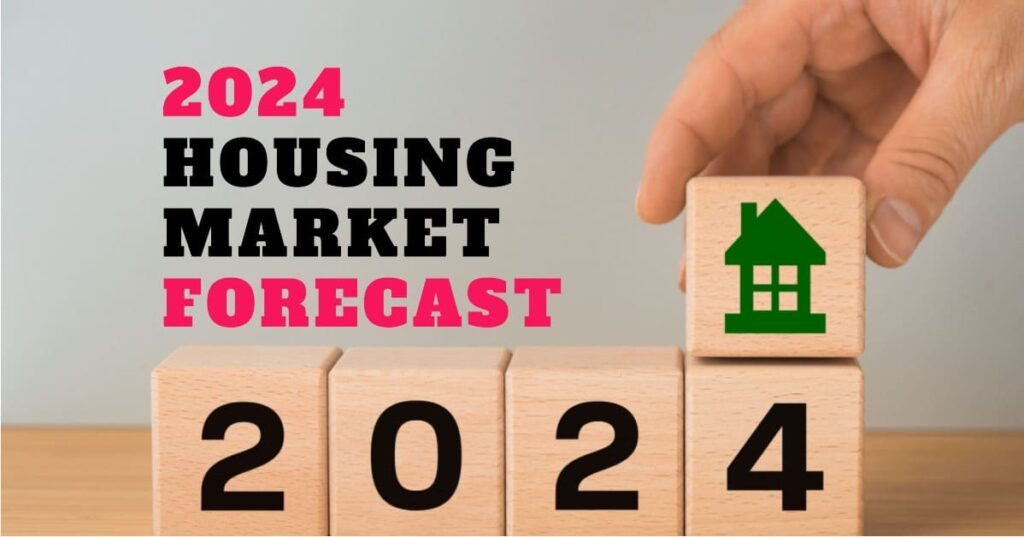Introduction:
As we approach the end of 2023, it’s time to look ahead and forecast the trends that will shape the real estate market in 2024. In this blog, we will discuss the key factors that will influence the housing market, including economic conditions, demographic shifts, and technological advancements. Let’s dive into the future of real estate together.
- Economic Conditions:
- The global economy is expected to grow at a moderate pace in 2024, with a GDP growth rate of around 3%. This should translate to a stable job market and increased disposable income for potential homebuyers.
- Interest rates are projected to remain low, making homeownership more accessible for a wider range of individuals.
- However, inflation is expected to rise slightly, which may lead to higher mortgage rates and home prices.
- Demographic Shifts:
- The millennial generation, which currently makes up the largest share of the buying population, will continue to age and enter their prime homebuying years.
- As the baby boomer generation retires, there will be a surplus of homes on the market, potentially driving down prices in certain areas.
- Immigration patterns are expected to change, with more people moving to cities in search of jobs and better quality of life. This could lead to increased demand for housing in certain areas.
- Technological Advancements:
- Virtual reality (VR) and augmented reality (AR) will continue to evolve, making home buying and selling more accessible for potential buyers who may not have the opportunity to visit properties physically.
- Smart home technology will become more prevalent, offering convenience and security to homeowners.
- The rise of cryptocurrency may lead to a shift in the way homes are bought and sold, with some properties being purchased using digital currencies.
- Sustainability and Green Building Trends:
- As concerns about climate change and environmental degradation continue to grow, homebuyers will increasingly prioritize sustainable and eco-friendly properties.
- Green building standards will become more stringent, with developers aiming for LEED certification or similar eco-friendly accreditations.
- Smart thermostats, solar panels, and energy-efficient appliances will become more commonplace in new construction.
Conclusion:
In 2024, the real estate market is expected to be shaped by a combination of economic stability, demographic shifts, and technological advancements. While there may be challenges, such as rising inflation and the need for balance in sustainability, the future of real estate looks promising for those who stay ahead of the curve. As always, it’s crucial to stay informed and adapt to changing market conditions to make the best decisions for your home-buying journey.










